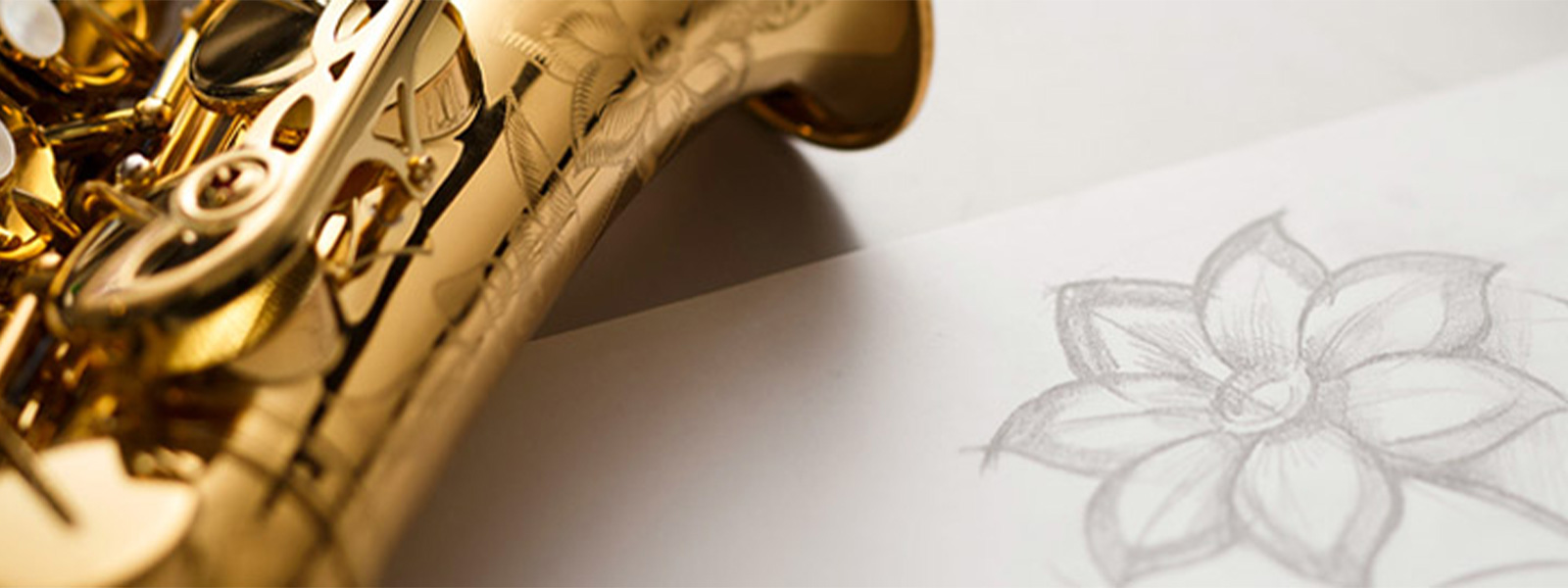Almost all of our sites have introduced a flextime system. Besides a core period, working hours are decided on a monthly basis. Employees take responsibility for managing their own work hours, depending on the job.
Standard work hours
Head office: 8:15 am to 5:00 pm
Other Japanese offices: 9:00 am to 5:45 pm
Core time
Head office: 10:15 am to 3:00 pm
Other Japanese offices: 11:00 am to 3:45 pm
Standard working hours
7 hours 45 minutes

